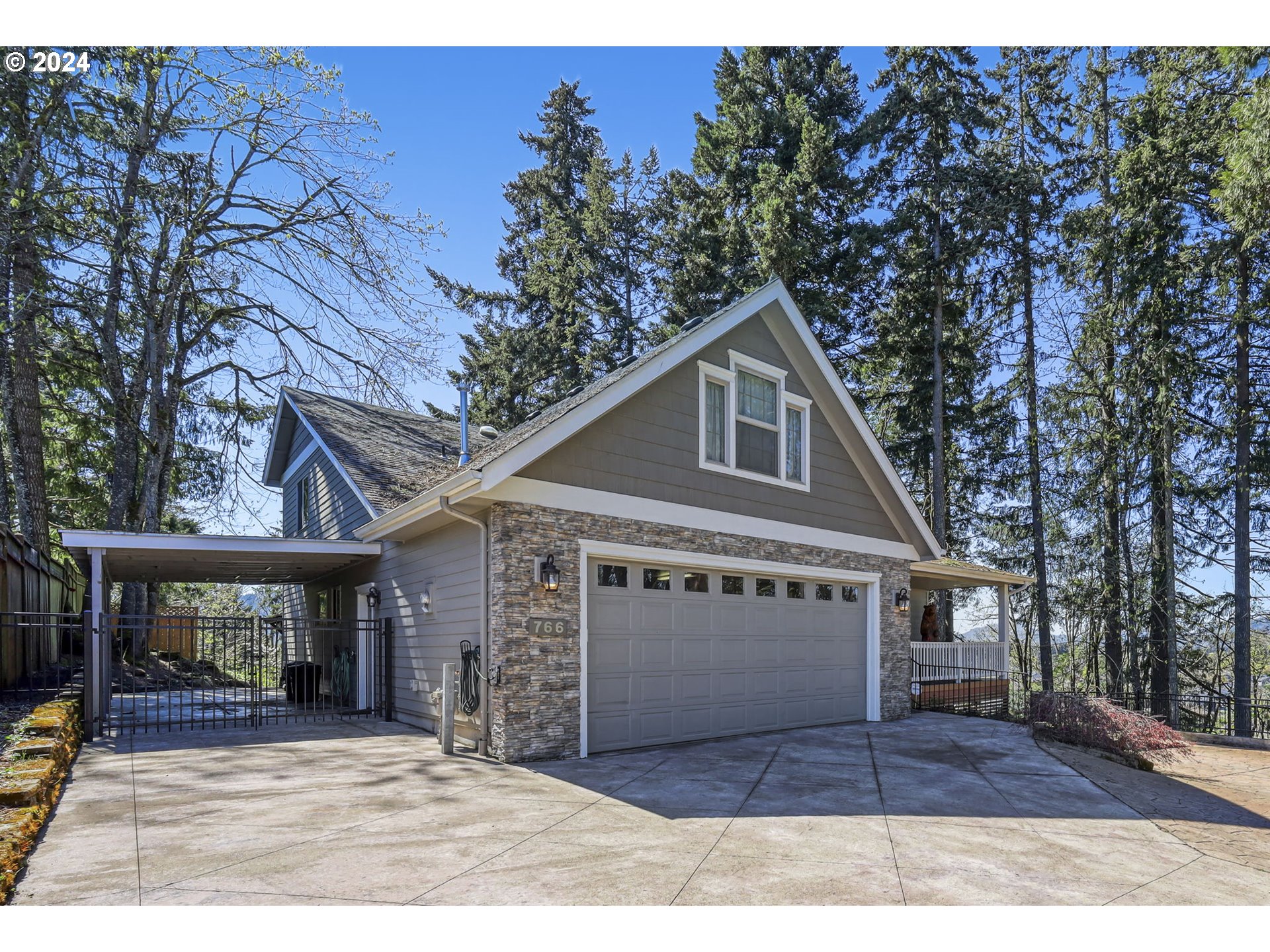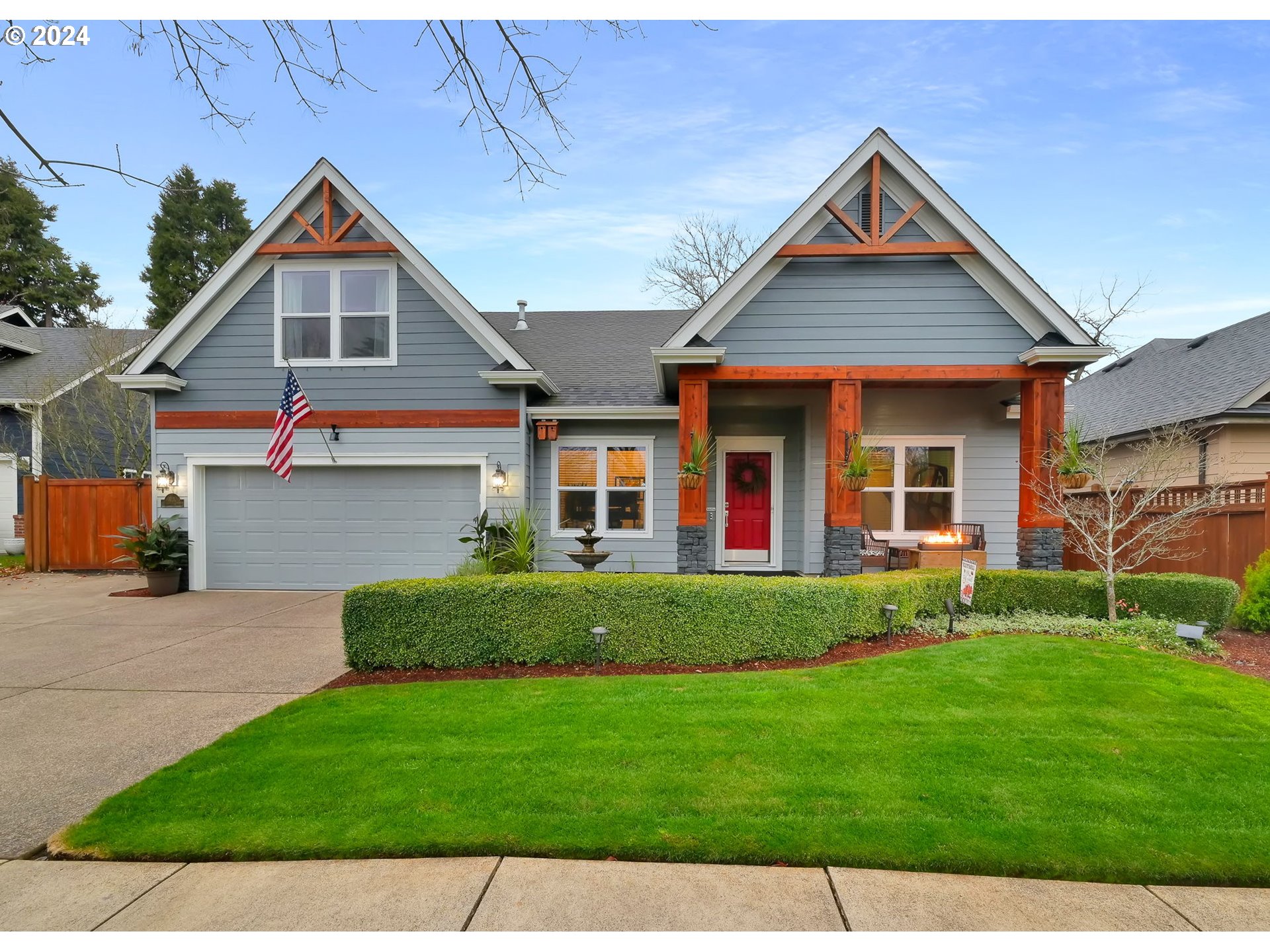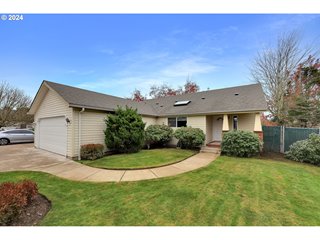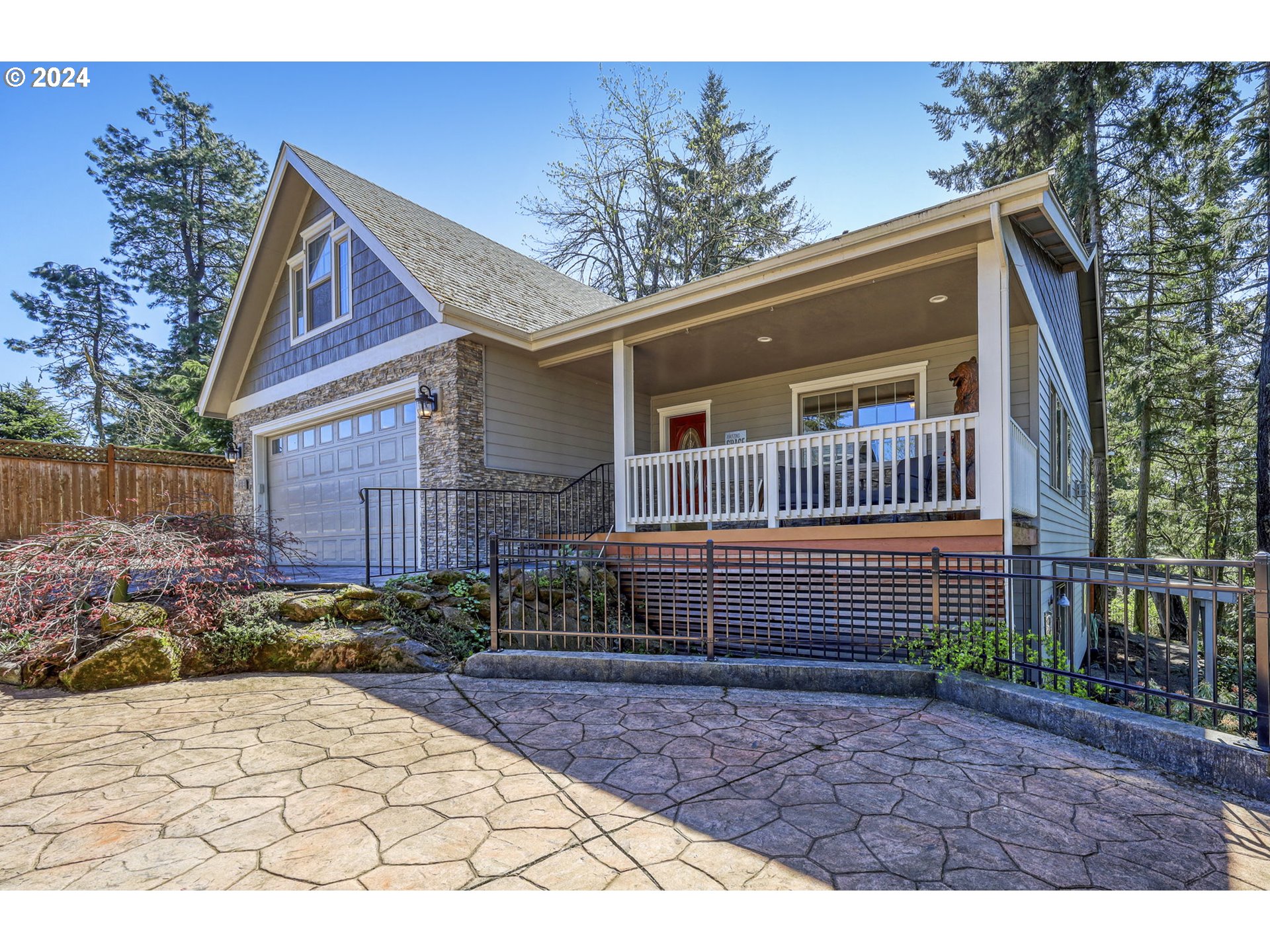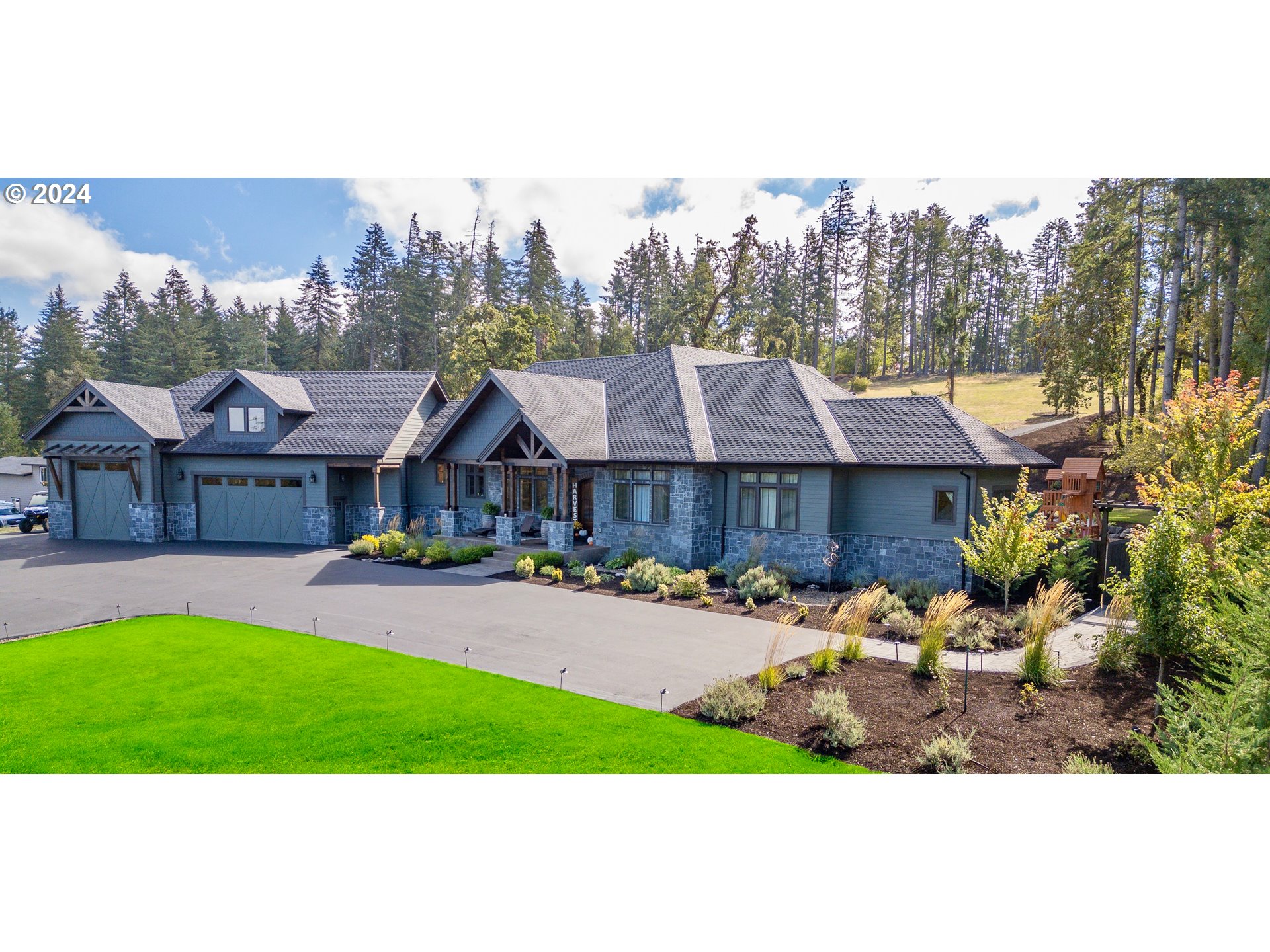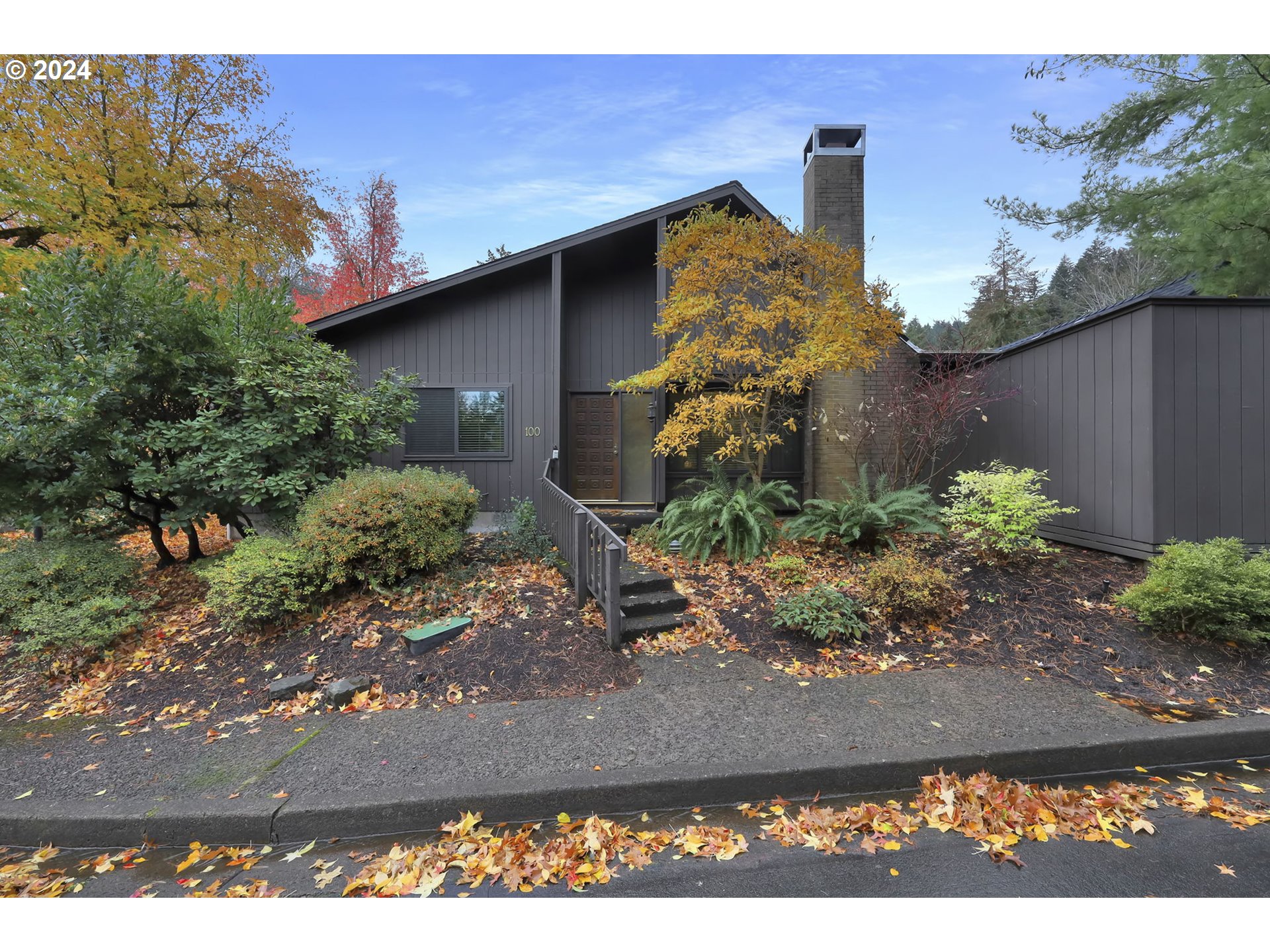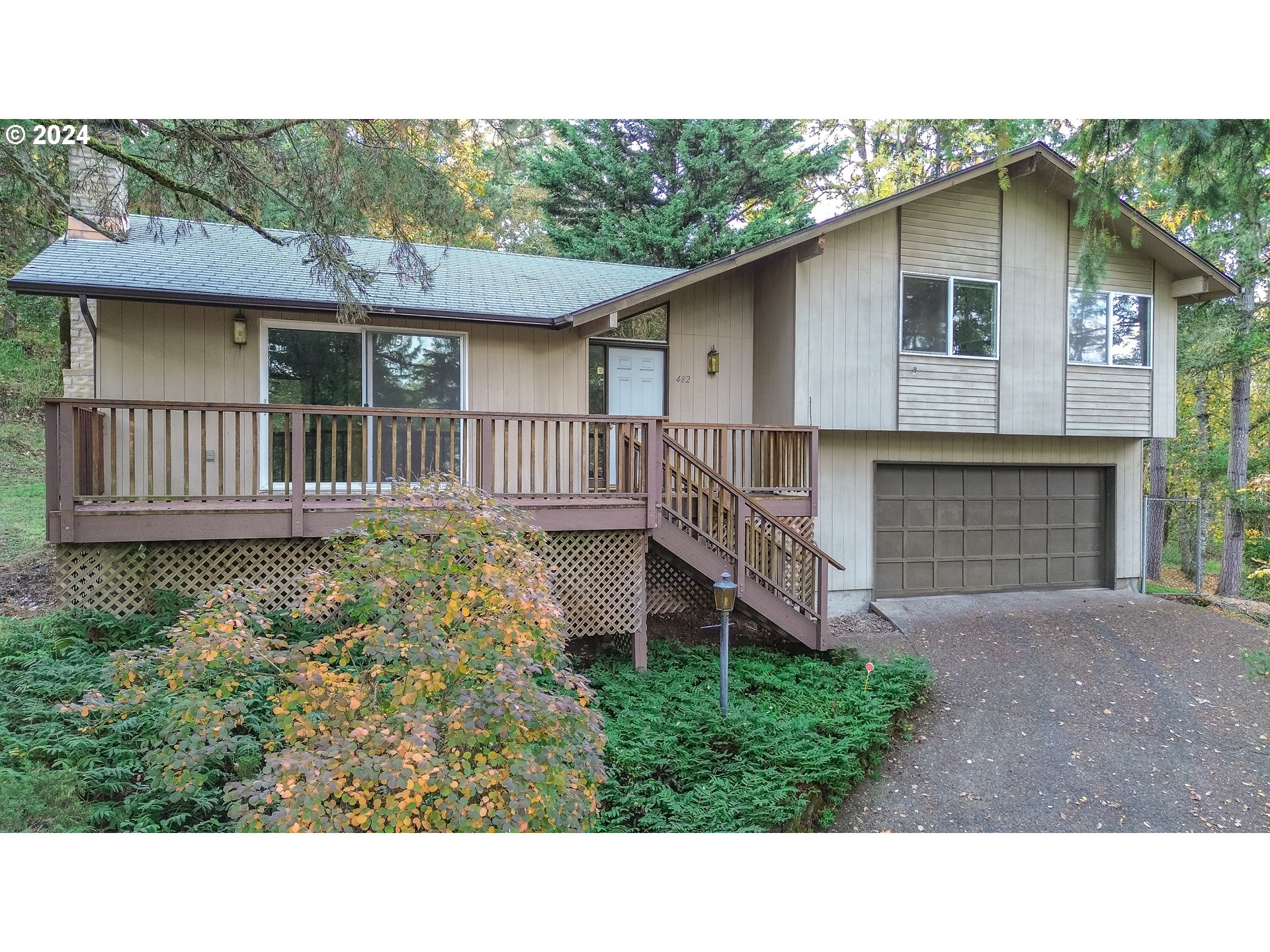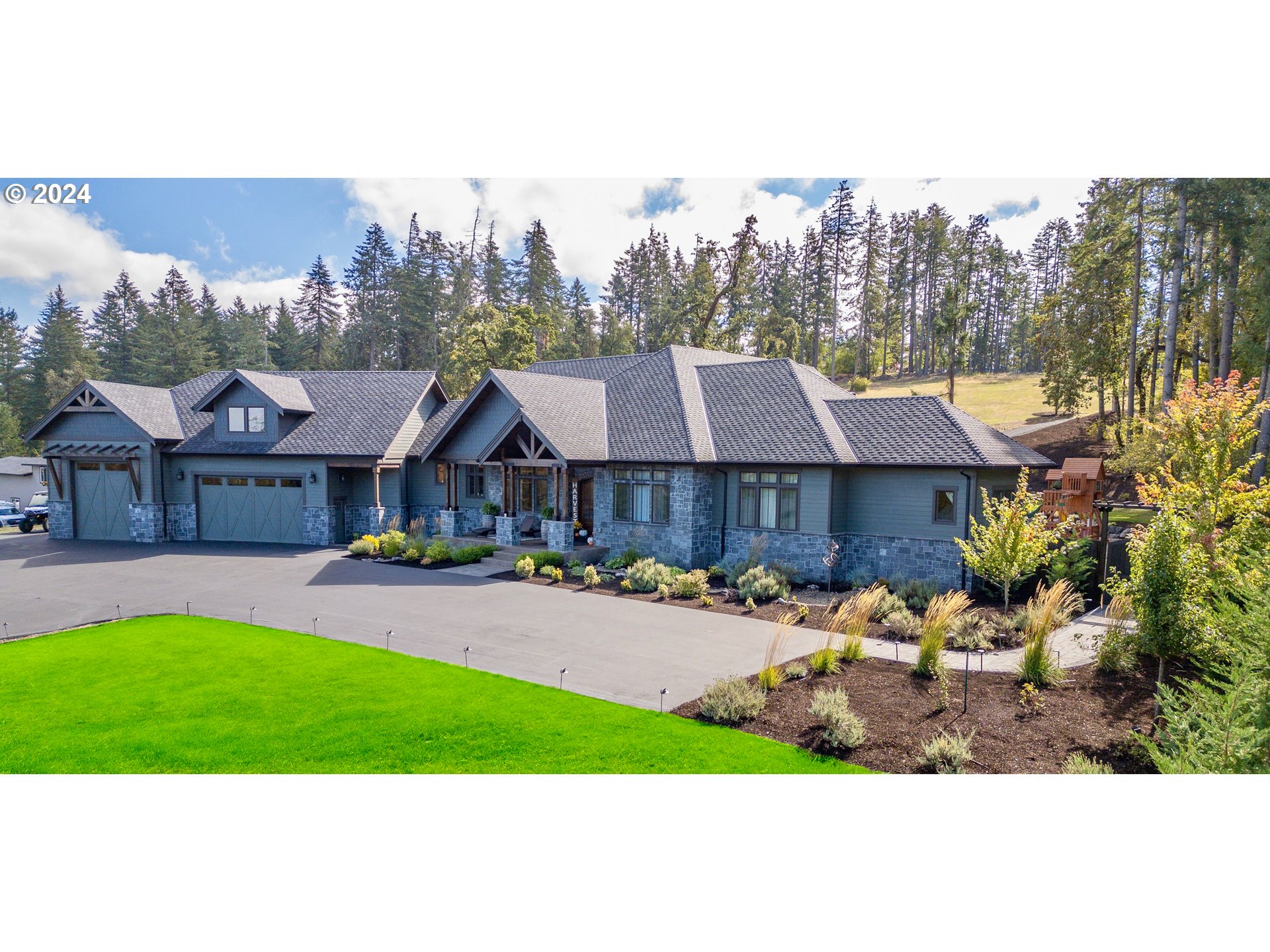Good Monday Morning!
What? The Fed just cut rates, and mortgage rates are on the rise! What the heck! We were told that mortgage rates would be coming down. What is going on? This is what I am hearing from everyone right now. It is a good question, and there are many other puzzling questions in regards to what is currently taking place with our current national real estate market. The following article is from "Housing Wire," and it offers the best explanation of our current housing market that I have read. It is election time, and who you vote for makes a difference. Be careful and thorough, and vote for the candidates who you feel will improve our economy. Elections have consequences!!
As 2025 approaches, the U.S. real estate market is marked by contradictions that are leaving many confused. Mortgage rates, rental patterns, homeownership dreams, and housing trends across the country are all seemingly colliding in ways that create both opportunities and uncertainties. It’s a complex landscape where the tension between renting and owning is more pronounced than ever, and regional differences in housing demand highlight the uneven nature of the market. Here are the five real estate contradictions we’re seeing as we close out 2024 and prepare for the new year.
Despite Fed cuts, mortgage rates remain stubborn
One of the most glaring contradictions as we head into 2025 is the persistence of high mortgage rates despite efforts by the Federal Reserve to cut interest rates in late 2024. Many hoped these cuts would lead to lower borrowing costs and re-energize the for-sale housing market, yet home borrowing costs have only marginally dipped. As of early October, the 30-year fixed rate stood at 7.2 percent as opposed to the expected below 6 percent. The lingering effects of inflation, bond market volatility, and lender caution have tempered any significant drop in borrowing costs, leaving many prospective buyers still priced out of the market.
Many of those in the market to buy a home are frustrated by this mismatch. They watch as monetary policy eases, but mortgage rates—often viewed as the gateway to homeownership—remain stubbornly high, creating a widening gap between desire and affordability. As a result, many buyers are forced to either stay in rentals or settle for smaller homes or less desirable locations than they initially aimed for.
Rentals are everywhere, but homeownership remains the gold standard
In major cities and suburban markets alike, renting is not just more common but often the only feasible option for those priced out of homeownership. Yet ‘renting by choice’ is also on the rise as it offers flexibility, less financial commitment, and freedom from the burdens of property taxes, maintenance, and insurance. An increasing number of people are choosing to rent long-term, seeing it as a lifestyle choice that fits with the modern mobility of a remote work-driven world. In 2024, about 34 percent of households were renting in the U.S.
Yet despite the growing proportion of renters—either by necessity or choice—homeownership remains the gold standard in the U.S. cultural narrative. The dream of owning a home persists—fueled by the promise of long-term investment, wealth accumulation through property appreciation, and the satisfaction of calling a place your own. This aspiration endures despite the growing recognition that homeownership can be costly and labor-intensive, involving everything from tax burdens to unexpected major repairs.
The contradiction is clear: many people increasingly value the freedom that rentals provide in today’s fast-paced, mobile society, yet owning a home continues to be seen as the ultimate marker of success, stability, and financial security.
Renting is often not seen as smart financially, yet it can foster affluence
Another contradiction lies in how renting is typically perceived as a less financially savvy choice compared to homeownership. After all, monthly rent payments don’t build equity, and the money is often seen as “lost” compared to a mortgage, which helps buyers build wealth through property value appreciation.
But there’s more to the story. Rentals, especially in today’s context, can create a different type of financial freedom. Renters avoid the high upfront costs of buying, including down payments and closing fees, while also dodging ongoing maintenance and unexpected repair bills. The average cost of owning a home, beyond the mortgage payment, is approximately $18,000 per year, according to a recent study by Ally Financial Inc. This includes expenses such as property taxes, homeowners insurance, maintenance, and utilities, adding about $1,500 per month to the mortgage payment for a typical single-family home.
Moreover, with the increased mobility provided by renting, individuals are able to relocate more easily, pursuing better job opportunities or lower-cost living in other areas. For some, this flexibility opens up a different form of wealth creation by allowing them to prioritize other investments or save for larger opportunities down the road.
The idea that renting is a poor financial decision is becoming increasingly outdated, especially as renters find creative ways to make their financial situation work for them in ways that homeownership, with all its costs and complexities, might not allow.
Housing demand is high in some areas while others struggle to sell
Real estate markets across the U.S. reflect a growing divide. While many markets are chronically plagued by a housing shortage and low inventory, others are struggling with a rising oversupply and stalled sales. In high-demand markets such as California, New Jersey, and Washington, homes – especially affordable ones – are generally hard to find, and competition remains fierce. Inventory is low, keeping prices elevated and turning what should be a seller’s market into an increasingly inaccessible one for many buyers. The median home price in California in September was up 6.5 percent month over month at $886,560.
In contrast, other regions are facing a marked slowdown. In Florida, rising insurance premiums tied to natural disasters like hurricanes can make homeownership more of a liability than an asset. Insurance rates in Florida surged by 45 percent between 2017 and 2022, according to a recent report from the Florida Policy Project. According to a recent Wall Street Journal analysis, an increasing number of homeowners in the state are struggling to sell due to skyrocketing insurance costs. Events like Hurricane Helene that ravaged parts of the state in October have only worsened the situation, with $6 billion in private insurance losses leaving many Floridians reevaluating the cost of homeownership. The paradox is striking: while demand is high in some states, homeowners in others are grappling with insurance burdens and stagnant buyer interest, exacerbating regional imbalances in the U.S.
It’s a seller’s market—but selling is far from easy
Another contradiction facing the 2025 real estate market is that even in high-demand areas of the U.S., selling a home isn’t as effortless as it may seem. The number of offers on homes remains healthy, but there has been a decline in bidding wars. While the median number of offers on homes remained at two, fewer homes received four or more offers, according to a recent Zillow report. It’s a reminder that even in hot markets, selling can be more difficult than anticipated, with homeowners facing higher buyer scrutiny, buyers’ difficulties in obtaining financing, and more competition from other sellers.
Some sellers are also reconsidering their choices. About two-thirds of sellers (66 percent) at least thought about renting out their home instead of selling it, according to the same Zillow report. Younger sellers, in particular, are leaning toward renting as an alternative, seeing it as a way to generate income while holding onto an appreciating asset. Those between the ages of 18 to 29 and 30 to 39 were the two age groups with the highest percentage of those considering renting out their home (82 percent and 83 percent, respectively). This growing trend hints at an evolving mindset where homeownership and renting are not seen as opposing paths but complementary strategies.
Heading into 2025, navigating the real estate market’s contradictions requires a proactive and adaptable approach. Buyers should work closely with agents to identify opportunities in less competitive regions or explore creative financing options to mitigate high mortgage rates. Renters can leverage the flexibility of leasing to pursue job opportunities and build savings for future investments, with agents helping them find suitable properties. Homeowners, especially in disaster-prone areas, should reassess their insurance coverage and consider renting out their properties for additional income. Sellers, too, should remain agile by exploring rental opportunities and working with agents to position their homes competitively in a shifting market. In this complex environment, agents play a crucial role in helping all parties make informed, financially sound decisions.
Have An Awesome Week!
Stay Healthy! Stay Safe! Remain Positive! Trust in God!
THIS WEEKS HOT HOME LISTING!
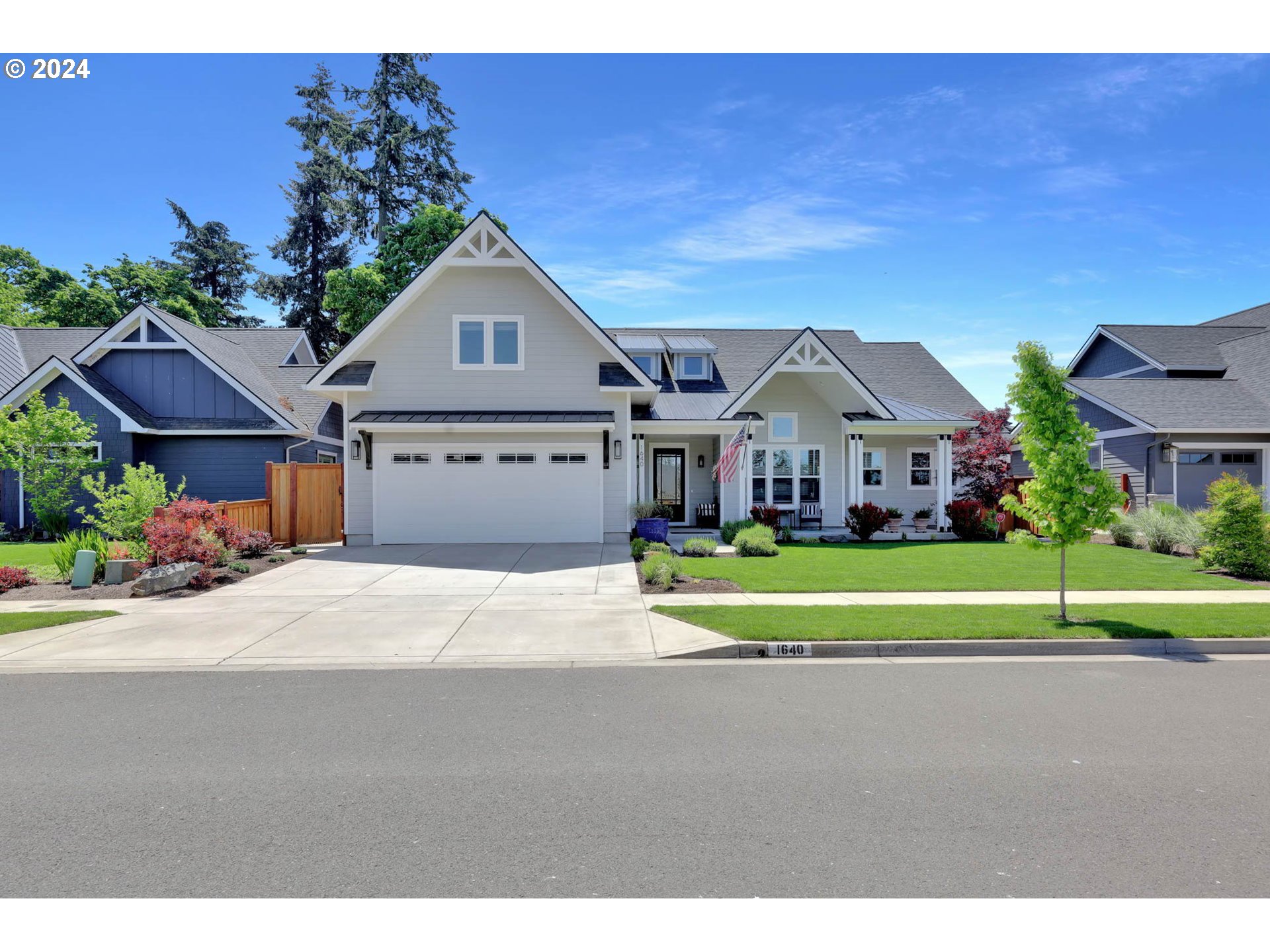
1640 Umpqua Ave, Eugene, OR
Price: $1,089,000 Beds: 4 Baths: 3.5 Sq Ft: 2978
Beautiful custom Nordic home, with great attention to detail in the highly desirable Nine's neighborhood! Spacious lofty ceilings throughout the home, with two beautiful master suites on the main floor! Gourmet kitchen with commercial grade applianc... View this property >>
AND HERE'S YOUR MONDAY MORNING COFFEE!!
